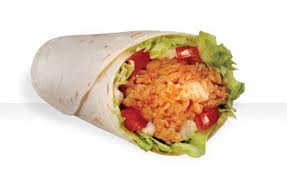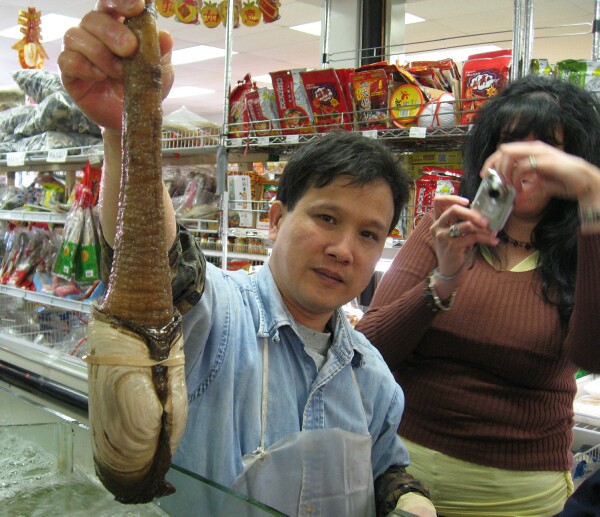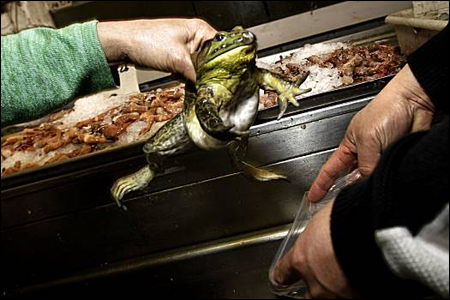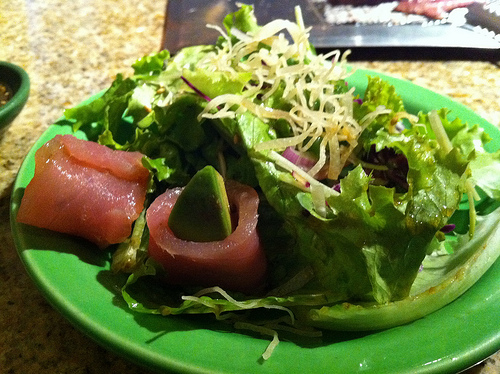The latest report from Canada’s National Integrated Enteric Pathogen Surveillance System has hit the Intertubes. Think of it as FoodNet, 15 years late.
Only bureaucrats could have written this.
In 2010, campylobacteriosis, salmonellosis and giardiasis (beaver fever? Oh, it’s Canada) were the most common enteric diseases in C-EnterNet’s sentinel sites, with rates of 29.5/100,000, 26.0/100,000  and 14.2/100,000, respectively. Overall, the number of endemic, travel- and outbreak-related cases reported in SS1 in 2010 were higher than that reported in 2009. In SS1, the incidence rate of campylobacteriosis, especially travel-associated infections, was higher in 2010 than 2009. The incidence rate of endemic salmonellosis has increased in both sentinel sites over the last couple of years, with SS2 steadily increasing since 2006.
and 14.2/100,000, respectively. Overall, the number of endemic, travel- and outbreak-related cases reported in SS1 in 2010 were higher than that reported in 2009. In SS1, the incidence rate of campylobacteriosis, especially travel-associated infections, was higher in 2010 than 2009. The incidence rate of endemic salmonellosis has increased in both sentinel sites over the last couple of years, with SS2 steadily increasing since 2006.
Travel continues to be an important factor in the burden of enteric disease. In 2010, 30% and 23% of all cases of enteric disease were associated with travel outside of Canada, in SS1 and SS2 respectively. In both sentinel sites, the travel-related proportion of cases, compared with endemic cases, was highest for cyclosporiasis (100% in both SS1 and SS2), shigellosis (83% (SS1) and 33% (SS2)) and cryptosporidosis (43% (SS1) and 60% (SS2)).
C-EnterNet is an integrated enteric pathogen surveillance system based on a sentinel site surveillance model collecting information on both cases of infectious gastrointestinal illness and sources of exposure within defined communities. C-EnterNet’s primary objectives are to detect changes in trends in human enteric disease and levels of pathogen exposure from food, animal and water sources in a defined population; and to strengthen source attribution efforts in Canada by determining statistically significant risk factors for enteric illness.
In 2010, C-EnterNet implemented a second sentinel site in part of the Fraser Valley in the lower mainland of British Columbia, in partnership with the Fraser Health Authority (FHA). The communities of Burnaby, Abbotsford and Chilliwack comprise the sentinel site within the Fraser Health Region. In this region, active surveillance of enteric pathogens is performed in the retail sampling of bagged leafy greens, and enhanced human disease surveillance is performed in collaboration with FHA and the BCCDC Public Health Microbiology and Reference Laboratory. In the first sentinel site, C-EnterNet continues its strong partnership with the Region of Waterloo Public Health within the Regional Municipality of Waterloo, Ontario and the Ontario Agency for Health Protection and Promotion’s Toronto Public Health Laboratory where enhanced surveillance of human cases of enteric disease in the community is performed. In parallel, active surveillance of enteric pathogens is performed in water, food and on farms.
The purpose of this report is to present the preliminary findings from the 2010 surveillance year in both sentinel sites. Note that C-EnterNet data need to be considered in the context of two sentinel sites,  thus major conclusions cannot yet be extrapolated nationally.1 This report will be followed by the Long Report, which will include more extensive analyses of temporal trends and subtyping information for an integrated perspective on enteric disease from exposure to illness for 2010.
thus major conclusions cannot yet be extrapolated nationally.1 This report will be followed by the Long Report, which will include more extensive analyses of temporal trends and subtyping information for an integrated perspective on enteric disease from exposure to illness for 2010.
For further information about the C-EnterNet program or sampling methodologies, please refer to our website (http://www.phac-aspc.gc.ca/c-enternet/index-eng.php).

 KFC has vowed to appeal the ruling.
KFC has vowed to appeal the ruling. and returned their drinks in exchange for the correct order, police told WYFF-TV.
and returned their drinks in exchange for the correct order, police told WYFF-TV..jpg) so again at the program’s end.
so again at the program’s end. year by state agents who leveled criminal charges against two managers of the store accusing them of illegally selling wildlife.
year by state agents who leveled criminal charges against two managers of the store accusing them of illegally selling wildlife. lacked permits, according to prosecutors’ court filings.
lacked permits, according to prosecutors’ court filings..jpg) investigation of the outbreak is still in progress.
investigation of the outbreak is still in progress. Seafood was a repeat offender, and some others:
Seafood was a repeat offender, and some others:.jpeg) “I wash it every time but I don’t know if it actually helps.”
“I wash it every time but I don’t know if it actually helps.”.png) Bay and
Bay and 